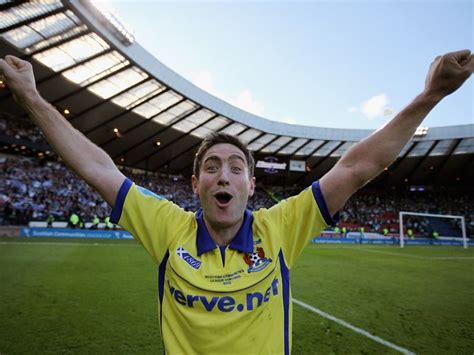A Quote by Ralph Abernathy
The industrial landscape is already littered with remains of once successful companies that could not adapt their strategic vision to altered conditions of competition.
Related Quotes
Basically, the UBR is a relic of an earlier vision for UDDI. The original vision for UDDI was as a standard that would help companies conduct business with each other in an automated fashion. The idea was that companies could publish how they wanted to interact, and other companies could find that information and use it to establish a relationship.
The dustbin of history is littered with remains of those countries that relied on diplomacy to secure their freedom. We must never forget . . . in the final analysis . . . that it is our military, industrial and economic strength that offers the best guarantee of peace for America in times of danger.
While the law [of competition] may be sometimes hard for the individual, it is best for the race, because it insures the survival of the fittest in every department. We accept and welcome, therefore, as conditions to which we must accommodate ourselves, great inequality of environment, the concentration of business, industrial and commercial, in the hands of a few, and the law of competition between these, as being not only beneficial, but essential for the future progress of the race.
If, on the other hand, conservationists are willing to insist on having the best food, produced in the best way, as close to their homes as possible, and if they are willing to learn to judge the quality of food and food production, then they are going to give economic support to an entirely different kind of land use in an entirely different landscape. This landscape will have a higher ratio of caretakers to acres, of care to use. It will be at once more domestic and more wild than the industrial landscape.






































